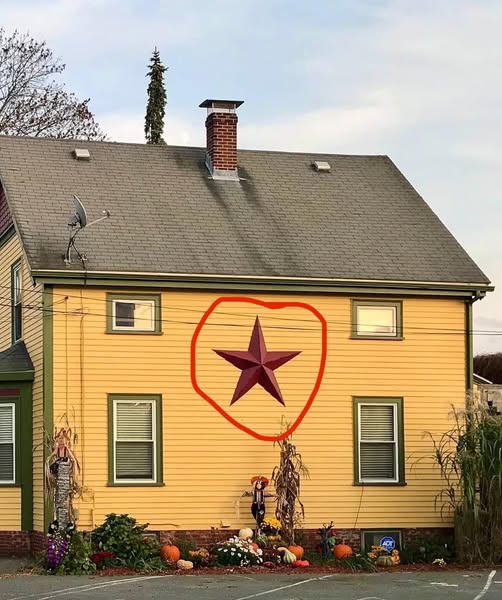The True Meaning Behind “Barn Stars”
You can paint them on or make them out of metal stars. They are sometimes replaced with hex signs or quilt blocks instead.
These things are there for a reason, and it’s probably not what you thought.
It turns out that German-American farmers think Barn stars are very important.
They are put on top of barns to keep bad things away or to help the farmer’s crops grow well.
It’s interesting that each one can be a different color and mean a different thing.
For example, a green barn star means that crops will grow well and will be fertile. But blue or black barn stars mean that the farmer, their family, and their goods are safe.
Brown, on the other hand, stands for friendship. The history of barn stars is interesting.
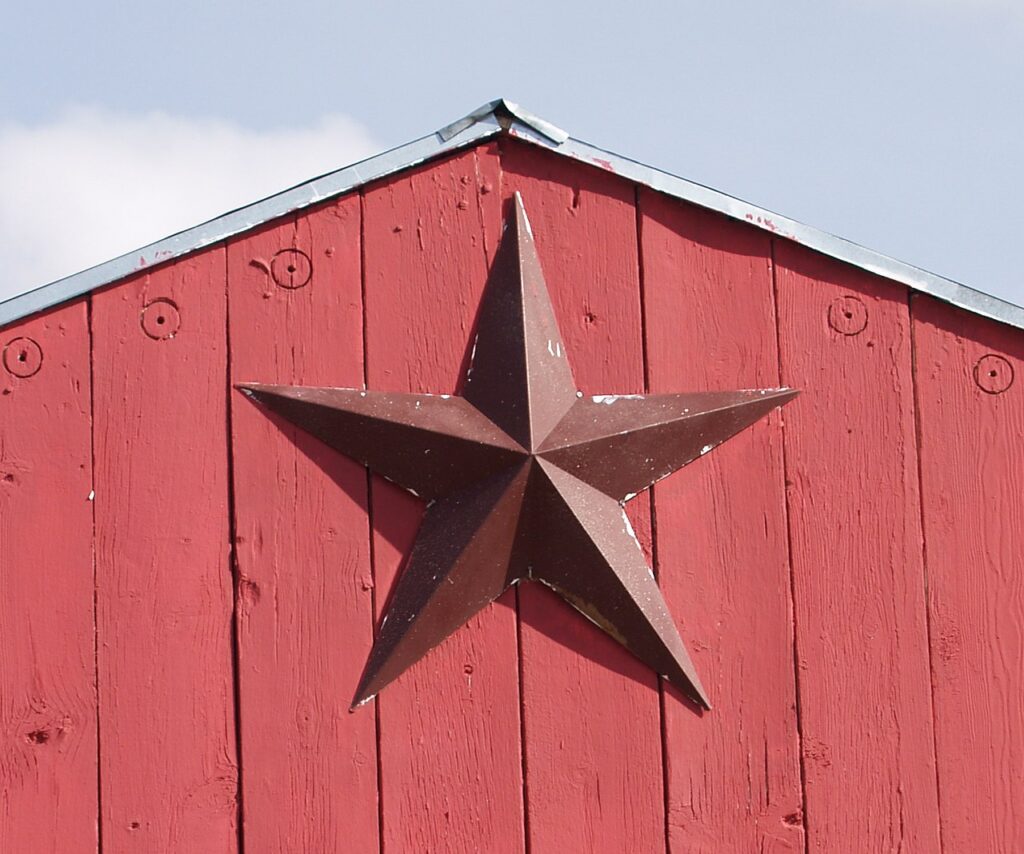
Barn Stars
A barn star was first put on a barn in the 1830s. These days, barn stars are kind of trendy.
Each symbol is a change made to German folk art from Europe that was brought over.
The Amish are known for living very simple lives, away from modern technology and pop culture.
The practice of barn stars is just one of many that have been passed down through the years in this area.
What’s even more interesting is that for someone whose family has strong ties to Pennsylvania Dutch values, things that are often linked have very different meanings.
Patrick Donmoyer said it’s important to know that there are two practices that run parallel to each other: “There are the barn stars and then there are the hex signs.”
Barn Stars May Offer Protection
Donmoyer is in charge of the Pennsylvania German Cultural Heritage Center at Kutztown University.
He said that many of the hex signs showed up in other places, like marriage licenses, to bring luck to people who were just married. Or on grave signs to help the dead find peace in the next life.
Superstitions have been around for thousands of years, and they have all changed over time to fit the wants of a world population that is always shifting.
Surprisingly, barn stars did not have the “power” or meaning that most people think they do now.
Indeed, Donmoyer says, “These were part of the agricultural way of life.” They were things that weren’t always linked to supernatural thoughts or events.
For the record, hex signs got their start on barns almost 100 years after the barn stars.
Hex Signs aren’t the Same
Wallace Nutting, an artist from New England, went to the Pennsylvania Dutch Country in 1924 and “misinterpreted” the original quilt squares or barn stars to make the hex signs.
Donmoyer said, “He was talking about something real, but what he was talking about was missing.”
It wasn’t the stars on the barn that he was talking about; it was this idea of the hexenfoos. He moved the two parts of the custom around a bit.
By the 1950s, these patterns were being changed again and again, and they were now a popular place for tourists to visit.
Barn stars and quilt squares on barns all over Pennsylvania Dutch country are a sign of the creativity, hard work, and traditions of a culture that has long confused the rest of the world.
These signs reveal inherited cultural and family customs.
So, even though many people thought barn stars kept evil away, the Pennsylvania Dutch used them to remember their ancestors and the place where they came from.
There is something similar in many cultures
As was already said, superstitions have been around for a very long time.
People believe that they can help keep evil away, stop bad karma, and often bring wealth and happiness.
It shouldn’t be a wonder that many tribes and nations have their own old symbols that have been changed to protect homes and families from harm, like barn stars.
Om or Aum symbol of Hinduism and Buddhism
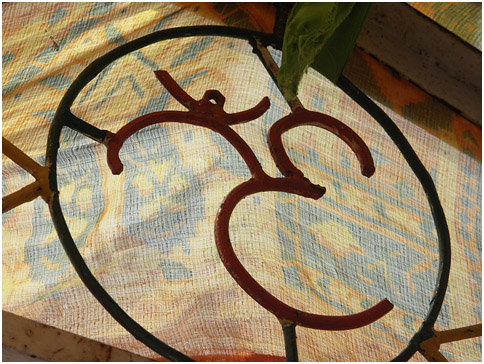
For example, the sign Om is often used to protect people while they meditate and do other spiritual activities.
A lot of people have heard the word or sound, but the word itself can also mean something visual.
It is thought to “purify” the mind and body, finding a happy balance between peace and the difficulties of life.
The Eye of Horus
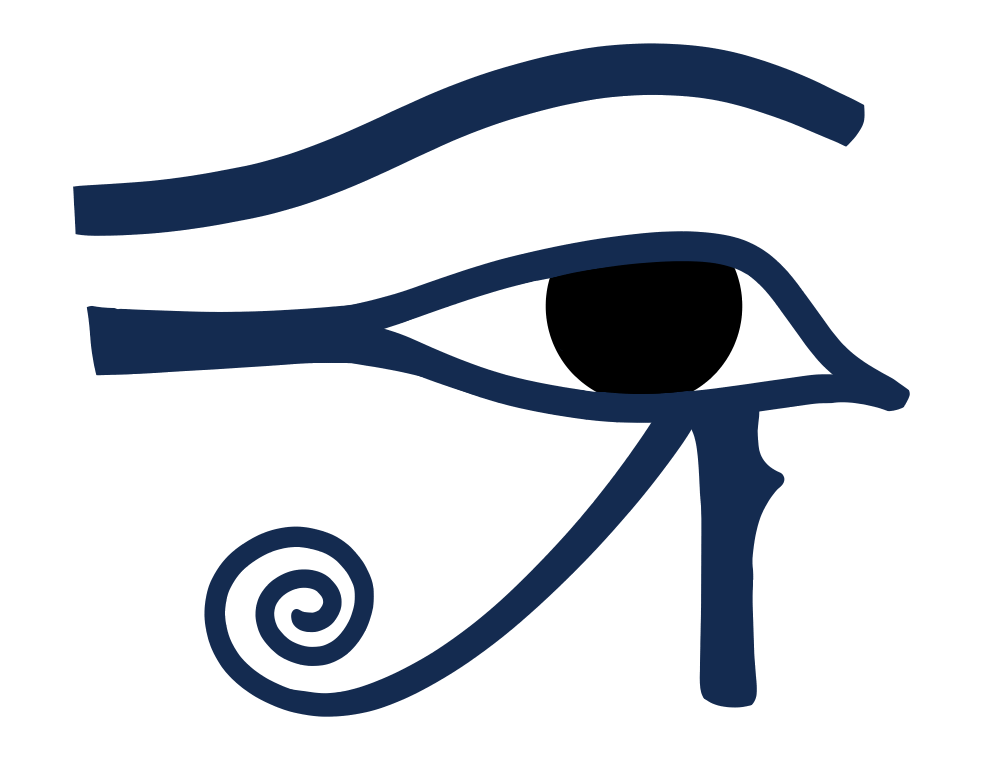
The Eye of Horus in Egypt is another example.
People believe that the powerful symbol, which can be found on Egyptian wall art or jewelry, can heal and protect.
Or the Hamsa Hand, which is thought to keep away bad things and bring health, wealth, and luck. It lives in the Mediterranean and the Middle East.
Turtle
The “Let It Stand” totem pole with the turtle carvings can be seen at the East Gate of Algonquin Park in Ontario, Canada, on November 4, 2018.
Turtles are also a respected symbol, which I find very interesting.
Native American and African groups see the turtle as a sign of longevity, wisdom, fertility, and being rooted.
Helm of Awe
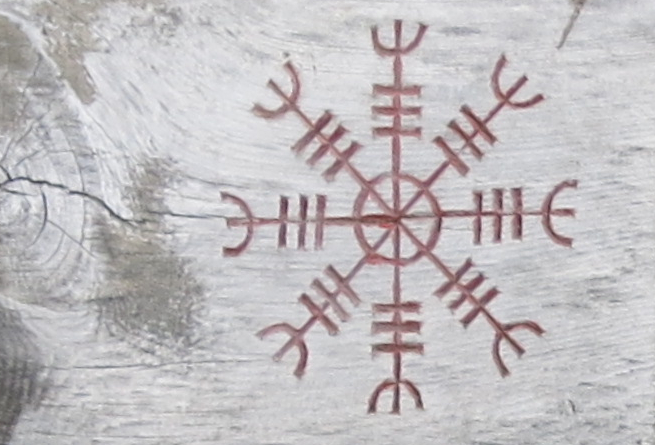
The Hood of Fear or the Hood of Awe, a modern Icelandic magical symbol with the same name as a thing from Norse mythology.
Last but not least, the Norse symbol called the Helm of Awe is said to protect fighters in battle and make their enemies afraid.
The same but different
People from different countries haven’t been able to talk to each other, but advances in technology have made it easier to see how many countries and cultures are alike.
Each of these symbols has its own name and meaning.
Still, each sign is seen as a promise of safety, wealth, and good health, and it reminds us of what our ancestors wanted for our families and community in the future.
